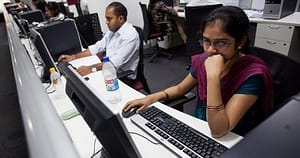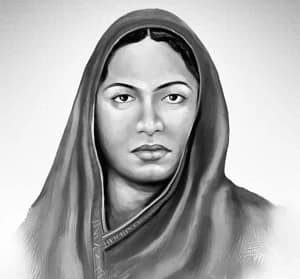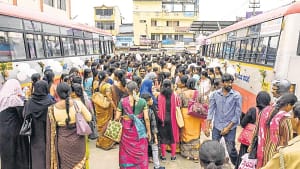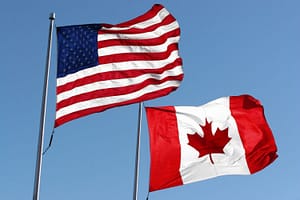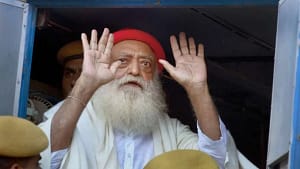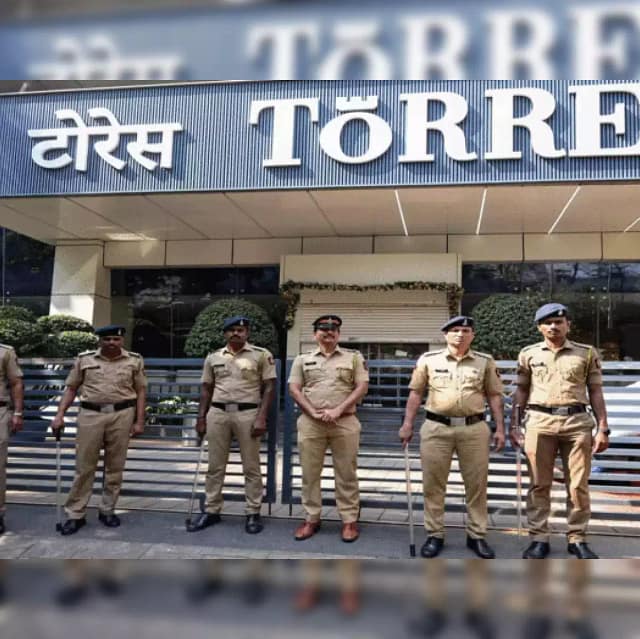India has officially expressed its intent to host the 2036 Olympic and Paralympic Games, marking a significant milestone in the country’s sporting ambitions. The Indian Olympic Association (IOA) submitted a Letter of Intent to the International Olympic Committee (IOC), which aligns with Prime Minister Narendra Modi’s vision of showcasing India on the global sports stage. This development was reported by sources within the IOA, highlighting the nation’s commitment to pursuing this monumental opportunity.
The submission of the Letter of Intent, made on October 1, signals India’s serious consideration for hosting these prestigious events. Prime Minister Modi has emphasized that the Games could serve as a catalyst for economic growth, social progress, and youth empowerment across the nation. As India seeks to strengthen its position in international sports, one must wonder: how will the hosting of the Olympics impact the local communities and economies involved?
Top sports officials, including IOA President PT Usha, actively lobbied for India’s selection during the Paris Olympics earlier this year. The enthusiasm surrounding this bid has also sparked discussions about incorporating indigenous sports, such as yoga, kho kho, and kabaddi, into the Olympic framework if India is successful in its bid. Could the inclusion of traditional sports help enhance cultural representation in the Olympics and attract a wider audience?
The Sports Authority of India’s Mission Olympic Cell (MOC) has outlined key measures needed for a successful bid, identifying six disciplines where India can potentially excel: yoga, kho kho, kabaddi, chess, T20 cricket, and squash. These sports not only reflect India’s rich heritage but also its evolving sporting landscape. How can India leverage its diverse sporting culture to create a compelling narrative for the IOC?
In his interactions with athletes, PM Modi highlighted the importance of their experiences and insights in the preparation for hosting the Games. “We want to document this and share it with the government so that we don’t miss out on any small details in the preparation for 2036,” he stated. This emphasis on collaboration raises the question: will involving athletes in the planning process enhance the overall execution and success of the event?
During last year’s IOC Session in Mumbai, Modi reaffirmed India’s commitment to hosting the Olympics, describing it as a long-held dream of the nation. IOC President Thomas Bach also supported India’s aspirations, noting that there is a “strong case” for India to host the Games.
As India joins nine other countries—Mexico, Indonesia, Turkey, Poland, Egypt, and South Korea—expressing interest in hosting the 2036 Games, the selection process will be overseen by the IOC’s Future Host Commission. This thorough evaluation will determine the final host city, a decision that could take several years to finalize. What criteria will the IOC prioritize when selecting the host city, and how can India align its proposal to meet these expectations?
With this ambitious move, India is not just aiming to host the Olympics; it is seeking to leave a lasting legacy that inspires future generations of athletes and sports enthusiasts. The journey toward the 2036 Games has just begun, and the nation is poised to rally together in support of this historic goal.
